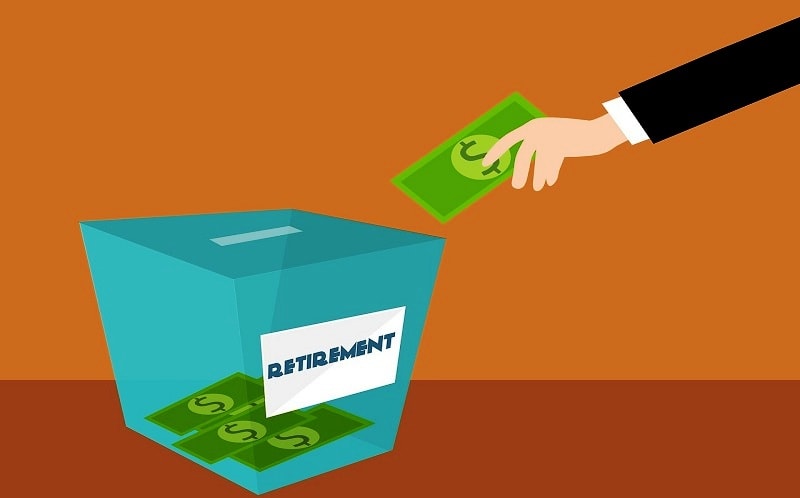Economics and finance influence politics but above all naturally the daily life of each of us. This is why it is important to know the basics of the economy. Often, however, this subject is neglected in the school programs: therefore it is necessary to gear up as self-taught.
The titles dedicated to the world of economics and finance are really endless and sometimes you do not know where to start. But here you find a selection of books for non-professionals. They are essays dedicated to the economy, its history, and finance. In short, if you are looking for texts that explain economics and finance in a simple way, here are a few economics books for beginners and enthusiasts, in order to start off on the right foot. The personal finance books are there with all the supports.
Rich father, poor father – Robert Kiyosaki
Start with a classic, almost a novel. This book starts with financial literacy that is unfortunately not available in schools. The councils are therefore dispensed in an anecdotal manner, always underlining the importance of achieving financial independence and illustrating some principles on how to obtain it.
The richest man in Babylon – George S. Clason
This book aims to solve personal problems related to money through the eleven ancient Babylonian parables. Clason returns to Babylon, where he supports the roots of our systems and our monetary beliefs and, studying with him their ancient anecdotes we can, as we were citizens of that great civilization, appreciate the value of money, acquire sound procedures of financial management and earning more.
The Millionaire of the Accanto Door – Thomas J. Stanley
The book traces seven simple rules to follow in order to become wealthy people with a net worth of over one million dollars. The book is, in fact, a research done by the two authors on the profiles of some millionaires.
The automatic millionaire. A one-step plan to get rich – David Bach
As the title clearly summarizes, the author is a great proponent of the need to automate his financial life between savings, common sense, the ability to live within their means and the understanding of the concept of “always paying oneself first “.
How to treat others and make friends – Dale Carnegie
The book was first published during the Second World War but is still a best seller to date. What does this book focus on in a list of texts on personal wealth and finance? In fact, it is not strictly related to the management of money or investment the pursuit of financial freedom goes beyond what is money and financial techniques. It also includes psychology, the motivation of life and the stimulus towards the pursuit of a happiness that seems increasingly elusive.
A stroll through Wall Street. A random walk down Wall Street – Burton G. Malkiel
This book is an interesting read for all those who want to understand more about why it is almost impossible to beat the market and why to follow the advice of some gurus, can be detrimental to their financial health. The author dives into the maze of behavioral finance, which studies the social psychology of investment decisions.
Rise and decline of money. A financial history of the world – Niall Ferguson
Knowing history, believe it or not, is now more important than ever and Ferguson illustrates here his studies of courses and appeals of the financial history of our world. It also goes from the dynasty of bankers who financed the Italian Renaissance to the economic bubble that caused the French revolution. Here you find things about our expansion that few have written before and as mentioned, there has never been a better time to understand something about the rise and decline of money.
Think and enrich yourself – Napoleon Hill
A motivational best-seller on personal development with over 50 years of life inspired by a suggestion from billionaire Andrew Carnegie, owner of the world’s first billion dollar company. Hill has studied the characteristics of those who have achieved great wealth and developed thirteen principles to allow anyone to achieve success.
Do you have a parachute? The art of finding your work – Richard N. Bolles
Since many cannot or simply do not want to become entrepreneurs, this is the bible for job hunters or people looking for changes in their careers. The latest published edition was clearly written taking into account the many people who have lost or are at risk of losing their jobs due to the economic downturn since there are also tips on how to tackle difficult times and save money.
The seven rules to succeed – Stephen R. Covey
Covey tackles the topic of success with an almost holistic approach, focused on solving personal and professional problems. With insights and anecdotes, he reveals, step by step, how to live with fairness, integrity and other principles to achieve the security necessary to adapt to change, gaining wisdom and ability to exploit the opportunity that change itself creates.
Conclusion
If you do not have a plan for the future, someone else will have it for you. The first step to changing your financial situation is to take responsibility for your life, design your future and act in a structured way. Have you ever thought about what would happen if you stopped earning suddenly? How many months, how many years could you survive, keeping your lifestyle unchanged? There is a formula that allows you to know it.
Money is just an amp of what you are. It is the mind that makes you poor or rich, happy or unhappy. Money is a result that depends on your actions. And your actions depend on your psychology. These things also for play, influence your relationship with money. And they have an impact on your results. To earn figures you never earned, you must become a person you’ve never been before.





























